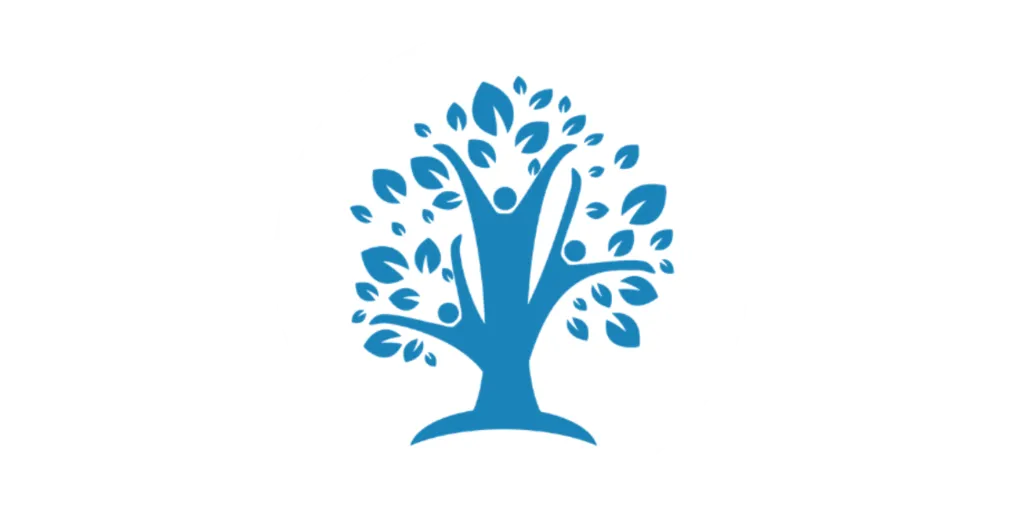
Socioeconomic circumstances of the adoptive family and birth family at the time of relinquishment, adoption and reunion, and the specific terms of the international adoption, whether the adopted child was relinquished by birth mother or birth family member, or other at a safe haven relinquishment site, or was discovered under other circumstances, influence the resources available to the adoptee themselves and the quality of the power differentials within adoptive familial relationships, indicative of anxiety about unknowns levels within the adoptive family system. Closed or open adoption terms, as well as adoption agency conducted or private adoptions among lawyers and government officials, also contribute to anxiety management technique and application in adoption-competent family systems therapy.
Working with adoptive families includes diverse types of birth family reunion and search whether that involved support from adoptive parents in the form of financial support, encouragement, or even physical presence during the search process, or lack or interest or discouragement of the search, and/or no involvement or inability of adoptive parent involvement due to death, illness, or other circumstances. Post birth family reunion as a factor in family systems therapy is intensified for the adoptee and adoptive family through the discovery of and reunion with biological siblings, half siblings and extended family. Further, bridging a sensitive lens for the neurodiversity of this sensitive family system is of utmost importance, as complex PTSD from adoption-related issues may present in varying, unexpected ways.
Adoption-competent clinicians also consider the implications of international, intercountry, sociopolitical relations of birth country and adoptive country which inform the power dynamic differentials and cross-cultural differences among the individual and adoptive family identities, and the multicultural therapeutic family dynamics in the room that include international adopted people, adoptive parents, and adoption-sensitive practitioner. Further, giving ample time to uncover relationship dynamics, stop blaming one another, and own roles of responsibility in family emotional patterns allows adoptive families in treatment to slow down and give safe space for their complex, multilayered system.
